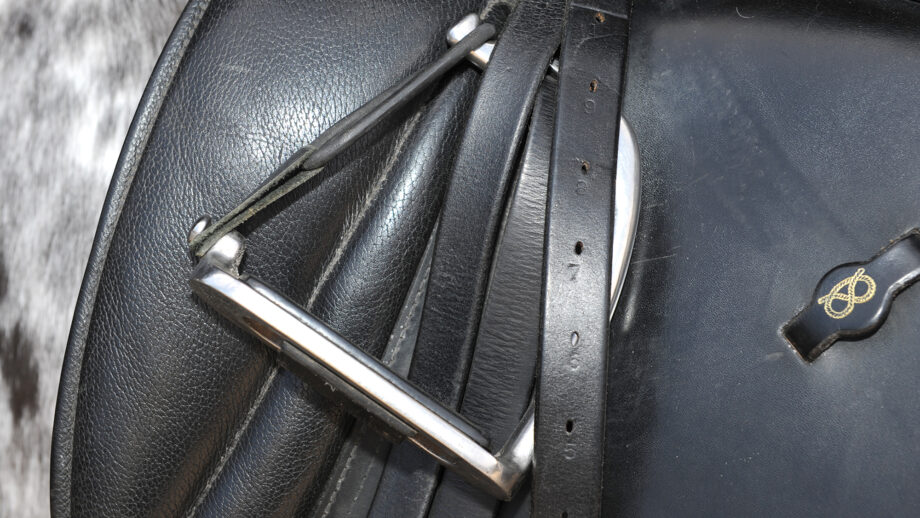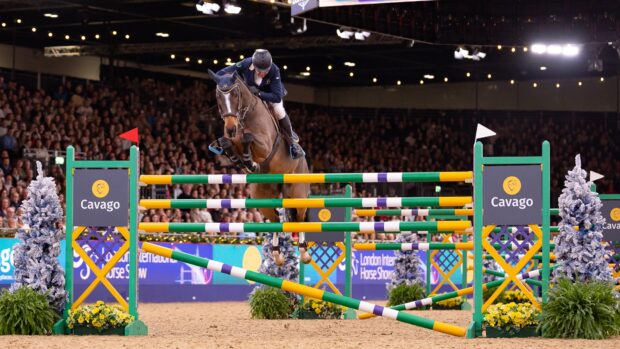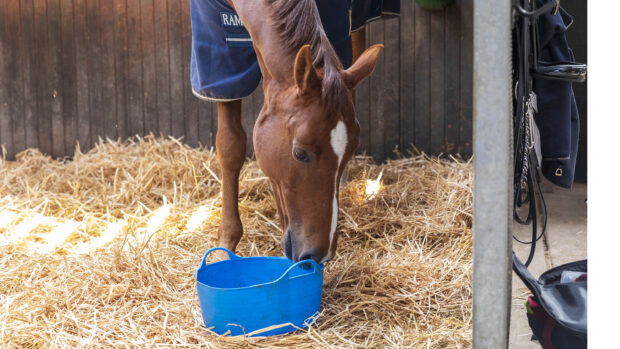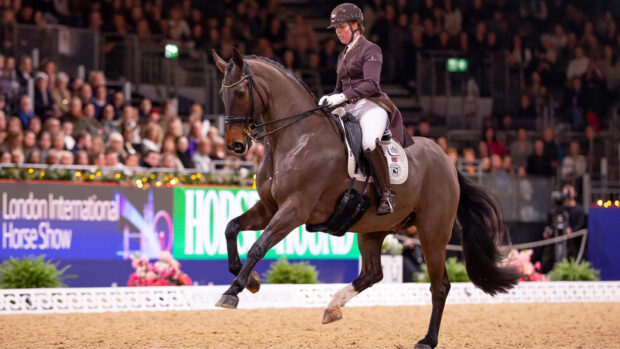US Equestrian (USEF) has announced a ban on certain styles of safety stirrups – a change the federation has described as “controversial”, but aimed at reducing “preventable” injuries.
The change is the result of a review of the USEF’s safety data, which noted incidents in which “riders were injured because their clothing or body got caught on a stirrup with an upward-pointing projection in the course of dismounting from their horse”.
The rule, which comes into force on 1 December, states: “No piece of equipment shall be attached to a saddle that has a rigid upward pointing projection, hook, or similar object capable of catching a rider’s clothing or person when dismounting, including stirrups”.
“We understand this change is controversial,” said USEF chief of sport David O’Connor.
“Although injuries from safety stirrups are statistically uncommon according to our data, they can be significant and are preventable with the selection of certain styles. We believe this change to the rule allows members to use a breakaway style stirrup if they prefer while reducing the risk of unintended harm.”
USEF has issued guidelines with images to help riders determine whether their stirrups comply. These show two examples of stirrups no longer allowed, open-side stirrups with elastic band – known as peacock stirrups – and those that are fully open on one side.
- View the guidelines
“Stirrups should be examined for compliance in their non-activated state (meaning any latch or releasing portion of the stirrup has not been triggered),” said a USEF spokesperson.
“In this state, the stirrup should either have closed branches (meaning there are no gaps in the outside frame of the stirrup). Or, if the branches are not closed and there is a gap in the outline of the stirrup, the gapping branch must sit inside the plane of the stirrup so there is no upward-facing, rigid projection.”
The spokesperson added that the federation is aware that tack and equipment are constantly evolving and new designs may come on to the market in the future.
“The illustrations shown in these guidelines are not intended to be a representation of all possible safety stirrup designs. A USEF task force will meet twice a year, in January and June, to review any new designs,” he said.
Manufacturers can submit products to USEF “for review to determine compliance” by completing a design review form.
- To stay up to date with all the breaking news from major shows throughout 2025, subscribe to the Horse & Hound website
You may also be interested in:

Call for safety stirrups ban after child suffers ‘horrific’ injuries

Safety stirrups – what are your options?

Subscribe to Horse & Hound magazine today – and enjoy unlimited website access all year round




